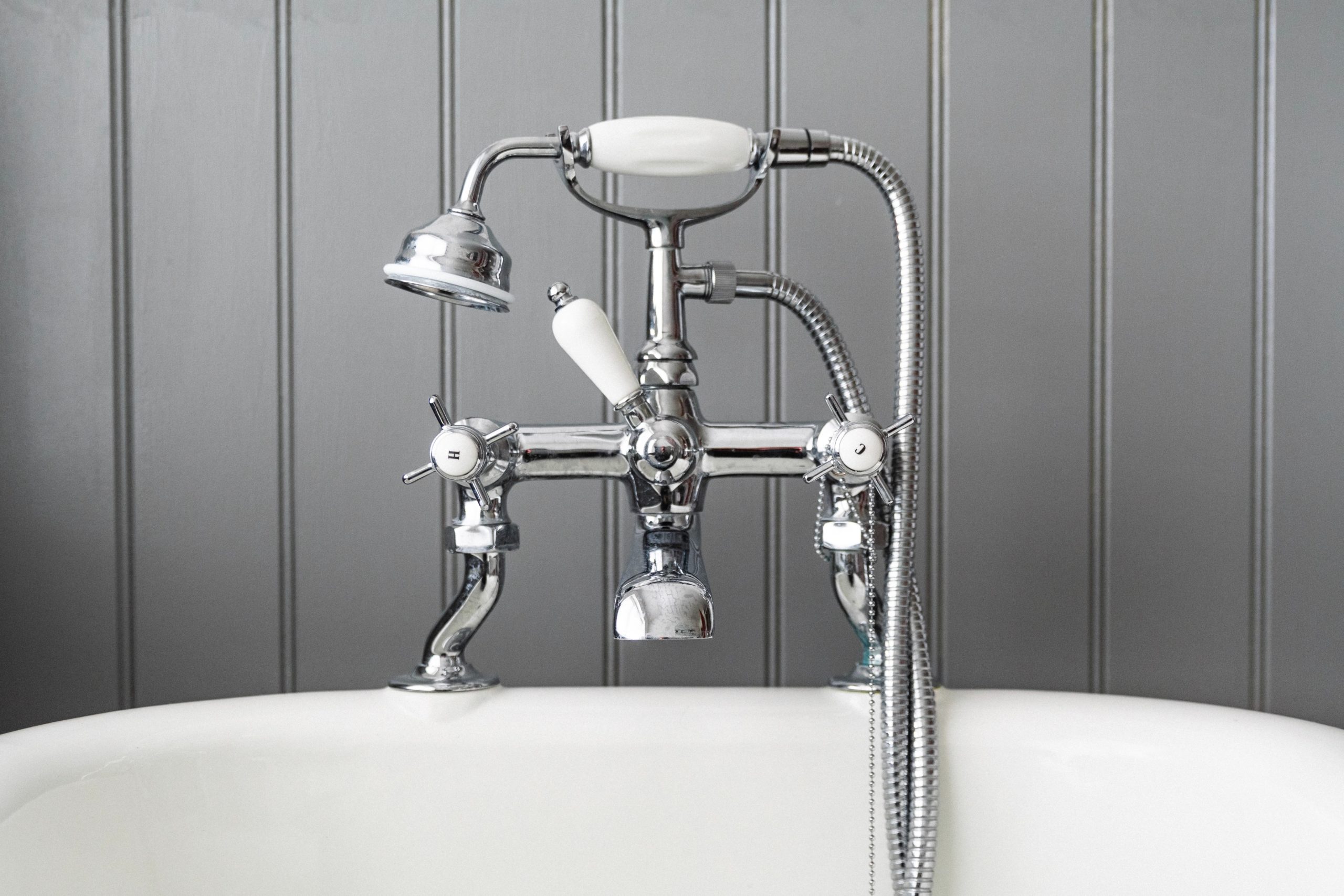Legionella Risk Assessment: Edinburgh Letting Agency Advice

Hello readers, welcome back to the Cullen Property blog! In today’s piece, we are discussing all things legionella risk assessment – what it is, why legionella risk assessments are important for landlords, who can assess for legionella, associated costs and the potential ramifications of failing to conduct a legionella risk assessment.
To get us started, it’s worthwhile defining what Legionella is!

What Is Legionella?
Legionella is a form of bacteria that gathers in infected water supplies. If an individual inhales these microscopic water droplets, they can be at risk of developing Legionnaires’ disease – a potentially fatal form of pneumonia.
Common sources of infection tend to be man-made water supplies such as; showers, taps and even ventilation systems in large buildings.

What Is A Legionella Risk Assessment?
A Legionella Risk Assessment is an official evaluation carried out by an experienced specialist with appropriate credentials.
Using a traffic light system to assess, the report should cover the below six areas:
- A risk assessment of people in the building being assessed. This will include both age and health considerations for people who are deemed particularly ‘at risk’.
- A description of hot and cold-water systems including information about how the water systems are fed (from the mains, from a water storage unit, a combination of both or maybe even something different).
- A recording of water outlet temperature. As Legionella typically thrives between 20 and 50 degrees Celsius, a recording of below 20 degrees Celsius for cold water outlets and above 50 degrees Celsius for hot water outlets is considered low risk unless there are other considerations in place such as disinfection as part of the water system)
- An assessment of the cold-water system. This includes whether the cold-water tank is accessible, appropriately insulated and robust enough to prevent bacteria harbouring vermin and other matter from entering the water supply.
- An assessment of the hot-water system. This includes what type of system it is (for example, a combi-boiler) and whether or not pipes with the purpose of distributing the hot water are properly insulated.
- Any other potential ‘at risk’ areas. This may include an assessment of how a shower’s mixing valves have been installed, additional and unnecessary pipework and whether or not water systems are flushed regularly if the property is to be left vacant for extended periods of time. This may include, for example, a rental property with a sustained void period if sitting empty.
Source: WCS-Group

How Much Does A Legionella Risk Assessment Cost?
How complex and how large the water system/site being examined is will heavily influence the cost of legionella risk assessment.
However, generally speaking, Legionella risk assessments in typical residential letting homes and flats will usually cost between £75 and £125. Think of it as an investment though because failure to carry out your legal obligation could result in a significant fine!

Who Can Assess For Legionella?
When looking to conduct a Legionella Risk Assessment (LRA), you must first instruct the right water hygiene specialist who possesses the authority and competence required to undertake a physical and administrative check!

Can I Get Help Preparing My Property For The Rental Market?
Sure! At Cullen Property, our ‘all-inclusive’ property management service ensures that you and your property are compliant, following best-practice and achieving the best possible rental outcome throughout your entire landlord journey. Learn more about our Edinburgh Letting Agency services to view the frequently asked questions of letting agencies or click here for a free rental valuation to see what your property could be worth on the rental market.